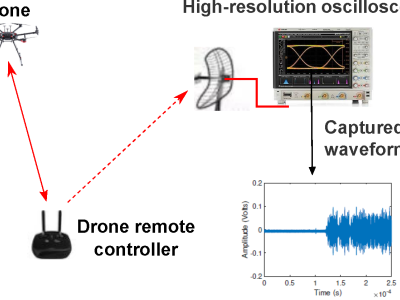Real road traffic network data

- Citation Author(s):
-
zhang zhonghan
- Submitted by:
- zhonghan zhang
- Last updated:
- DOI:
- 10.21227/9pcn-hb90
- Data Format:
 295 views
295 views
- Categories:
- Keywords:
Abstract
This dataset investigates the effectiveness of various path planning algorithms in urban contexts using real-world traffic networks obtained from OpenStreetMap (OSM) at three different locations: Chongqing, China, Hubei Province, China, and Washington, D.C., USA. OSM data contains complex details of the road network, including road types, traffic restrictions, and geographic features. By employing zoning and hierarchical shrinkage strategies, we analyzed the route efficiency and travel time optimization of these different urban landscapes. Our algorithms provide valuable insights into the adaptability of route planning systems in different geographic and infrastructure environments, highlighting the potential for improved urban traffic management strategies and large-scale urban navigation software optimization.
Instructions:
In this study, we utilize road network datasets obtained from OpenStreetMap (OSM) for path planning analysis. First, we download the corresponding OSM datasets for three locations: Chongqing, Washington, D.C., and Hubei Province, ensuring that they include detailed information about the road networks, road types, and traffic control measures. Then, using the Python programming language and relevant libraries (such as OSMNx and NetworkX), we preprocess the data, which includes extracting valid segments and nodes, as well as cleaning data that does not meet our requirements. Next, by constructing a graphical model, we convert the road network data into a graphical format to implement various path planning algorithms, such as Dijkstra's algorithm and A* algorithm. Finally, we conduct a comparative analysis of the path planning results for each location, evaluating the performance of different algorithms within their respective traffic environments.








